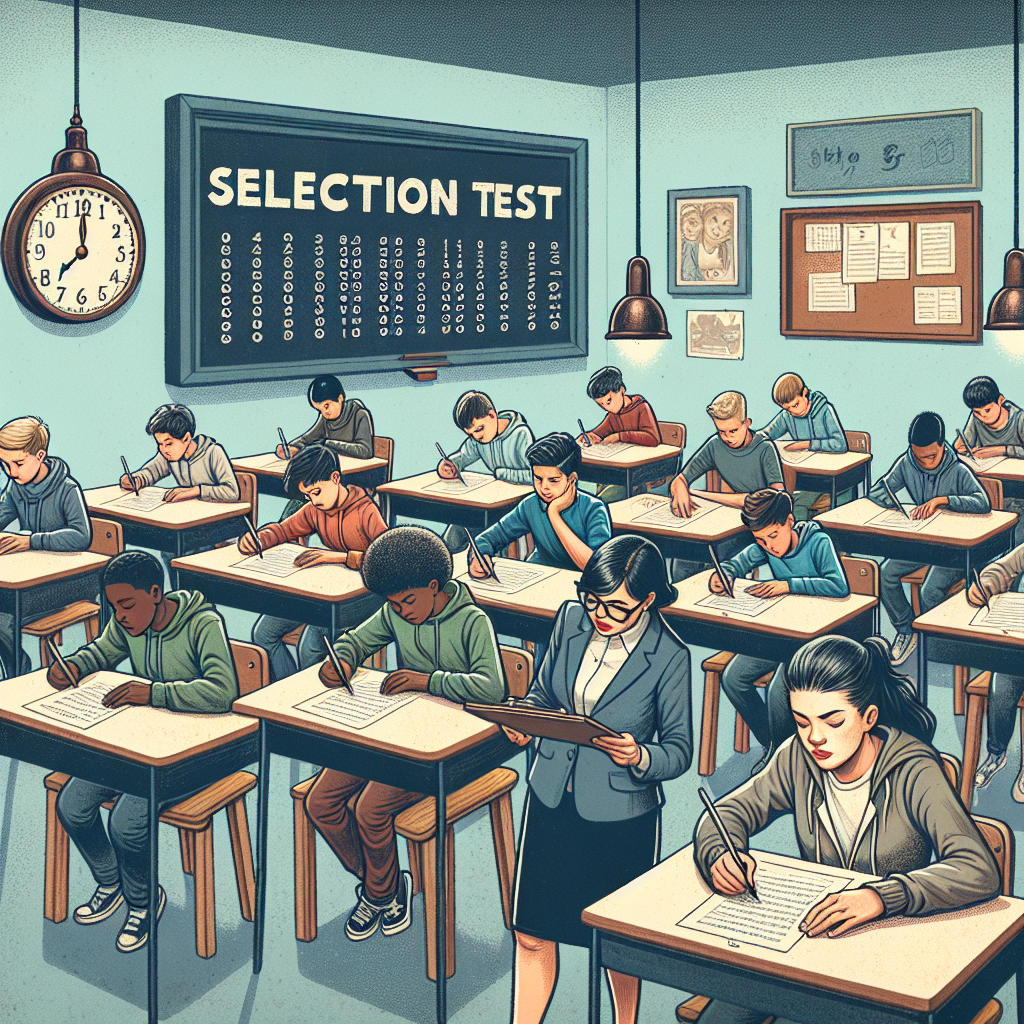Dutch Election Rollercoaster: A Decisive Moment for Future Coalition Politics
Dutch voters head to the polls amid a polarized political landscape. Key issues include migration and coalition dynamics, with Geert Wilders' Party for Freedom as a focal point. Mainstream parties resist cooperation with Wilders, while new parties like New Social Contract face potential decline following leadership changes.

Dutch citizens are casting their votes in a tightly contested general election, with pivotal issues such as migration and housing taking center stage. The campaign has reopened discussions on whether political factions will align with anti-Islam figure Geert Wilders if his Party for Freedom emulates its prior electoral success.
The election unfolds amid stark polarization and recent unrest surrounding anti-immigration rallies, influencing voter sentiment across the Netherlands. While Wilders' party seeks to halt asylum-seeker entries, moderate parties grow in strength as undecided voters hold the potential to tip the scales.
Polling stations stretch across iconic Dutch venues from city halls to historical sites. With results pending, coalition negotiations loom, especially with mainstream parties' reluctance to engage Wilders due to his controversial stances. The political landscape may shift dramatically, potentially diminishing new parties like New Social Contract following leadership exits and coalition challenges.









